In what will surely come as a relief to the German chancellor Olaf Scholz, his SPD party has won this weekend’s state elections in Brandenburg. Securing themselves another term in power, the party squeaked past the far-right Alternative für Deutschland (AfD) with 30.7 percent of the vote. The AfD missed out by just 1.2 percentage points — less than 26,000 votes — with 29.5 percent of the vote, denying them the chance of a second victory at state level in three weeks.
While it will in all probability take officials a day or two to verify the final result, it appears Sunday’s vote has secured the SPD thirty-two seats in Brandenburg’s parliament — just two more seats than AfD. This places Scholz’s party thirteen seats short of an overall majority, meaning they will be forced to form a coalition with one or more of the other parties in order to govern in the state. While it remains to be seen who they will partner with, the party has emphatically insisted for many months now that it would never enter into a coalition with the AfD.
Support for the AfD in Brandenburg appears to fit much the same mould as in Saxony and Thuringia
Following the success of the AfD, as well as the far-left Bündnis Sahra Wagenknecht (BSW) party, in the Saxony and Thuringia state elections at the beginning of the month, many in Germany had come to view this weekend’s vote as a litmus test for Scholz’s popularity and authority. Both parties have been campaigning heavily on the issues of migration and an end to support for Ukraine in its war against Russia. In response, Scholz has in the intervening weeks convened summits in Berlin on the subject of migration, introduced additional checks at Germany’s borders and called for another round of peace talks between Russia and Ukraine. Had the AfD won last night in Brandenburg, as it did in Thuringia, this would have once again thrown Scholz’s competence into question.
But while Scholz benefits from the SPD’s victory in Brandenburg, state party officials have been at pains to emphasise that they won despite the chancellor, not because of him. The party’s lead candidate — and now once again state president — Dietmar Woidke banned Scholz from appearing on the campaign trail and publicly distanced himself from him. Asked last night whether the result was “also a success for Olaf Scholz,” the party’s general secretary Kevin Kühnert skirted the question, saying it was a victory for Brandenburg SPD party members and Woidke, with no mention of the chancellor. Scholz himself wasn’t even in Potsdam, Brandenburg’s state capital, this evening to savor the party’s victory — he is the US attending a summit at the UN.
The AfD’s success in Brandenburg, meanwhile, demonstrates the degree to which the party’s popularity is continuing to grow. This is now the third state where the party has gained roughly a third of the vote. The fact that the leader of the party’s Brandenburg branch and lead candidate, Hans-Christoph Berndt, has been designated a “right-wing extremist” by the state’s intelligence agency doesn’t seem to have bothered voters. Despite not winning control of the state parliament, their position as the second-largest party means they will now be able to expand their political influence and cause significant trouble for the governing coalition.
Support for the AfD in Brandenburg appears to fit much the same mould as in Saxony and Thuringia. According to analysis produced by the pollsters Infratest Dimap, the party performed best with voters aged sixteen to twenty-four (32 percent in this age group voted for them). The AfD also won the most support from low- to middle-income voters, as well as those less-educated. The SPD’s voter base, on the other hand, seems to be older, more wealthy and better educated: they performed best with voters over the age of sixty and those whose financial situation is considered “good.”
The rise of the BSW is also particularly impressive given the party was formed just nine months ago. With 13.3 percent of the vote, they have won themselves fourteen seats in the parliament, setting themselves up as a credible coalition partner for the SPD. Meanwhile, the CDU, currently polling first place nationally, had a disappointing night, securing just over 12 percent of the vote.
Scholz may have won a reprieve on his ability to govern from Berlin, but the writing remains on the wall for his traffic light coalition: the chancellor is on borrowed time. This weekend’s election was the last before the whole of Germany heads to the polls next year for the federal election. Scholz’s coalition partners in Berlin, the FDP and Greens, both did abysmally, with neither making it over the 5 percent threshold to enter the parliament. The rise and rise of the AfD and BSW show the extent of Scholz’s failure to stem the flow of voters turning to the fringes of German politics out of a sense of disillusionment with the established parties.
The AfD has done better in this year’s state elections than even some of the party’s officials may have dared to hope. They, along with the BSW, will continue to turn the screws on Scholz, particularly on the issues of immigration, Ukraine and other domestic problems such as the high cost of living. The CDU, for whom next year’s election currently seems theirs to lose, will undoubtedly follow suit in an effort to keep voters on side. For Scholz, the next twelve months will seem long indeed.
This article was originally published on The Spectator’s UK website.



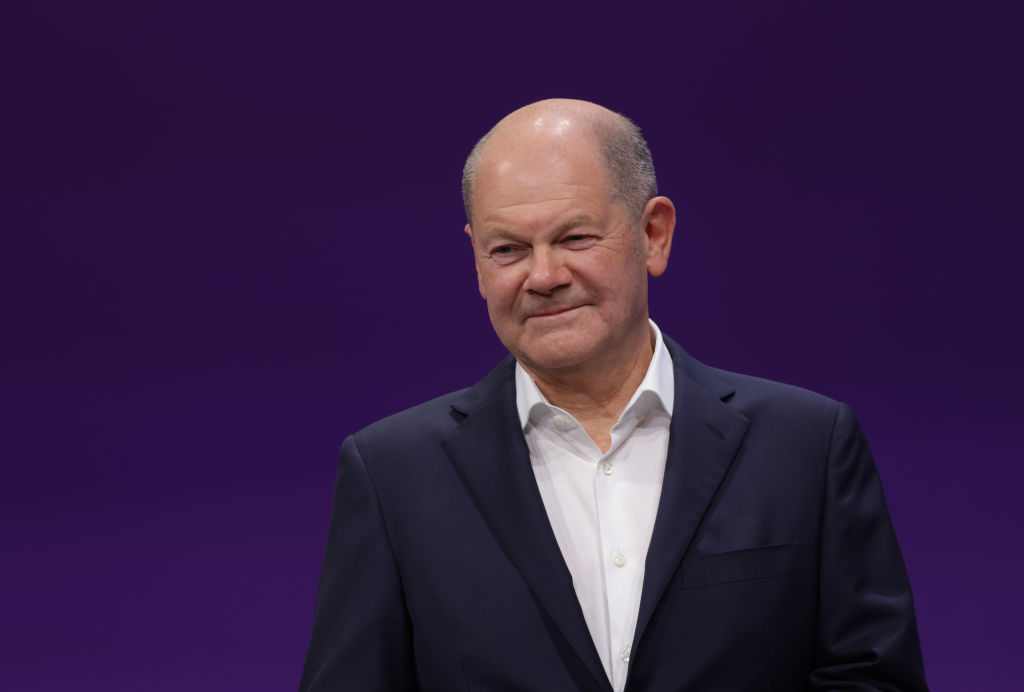









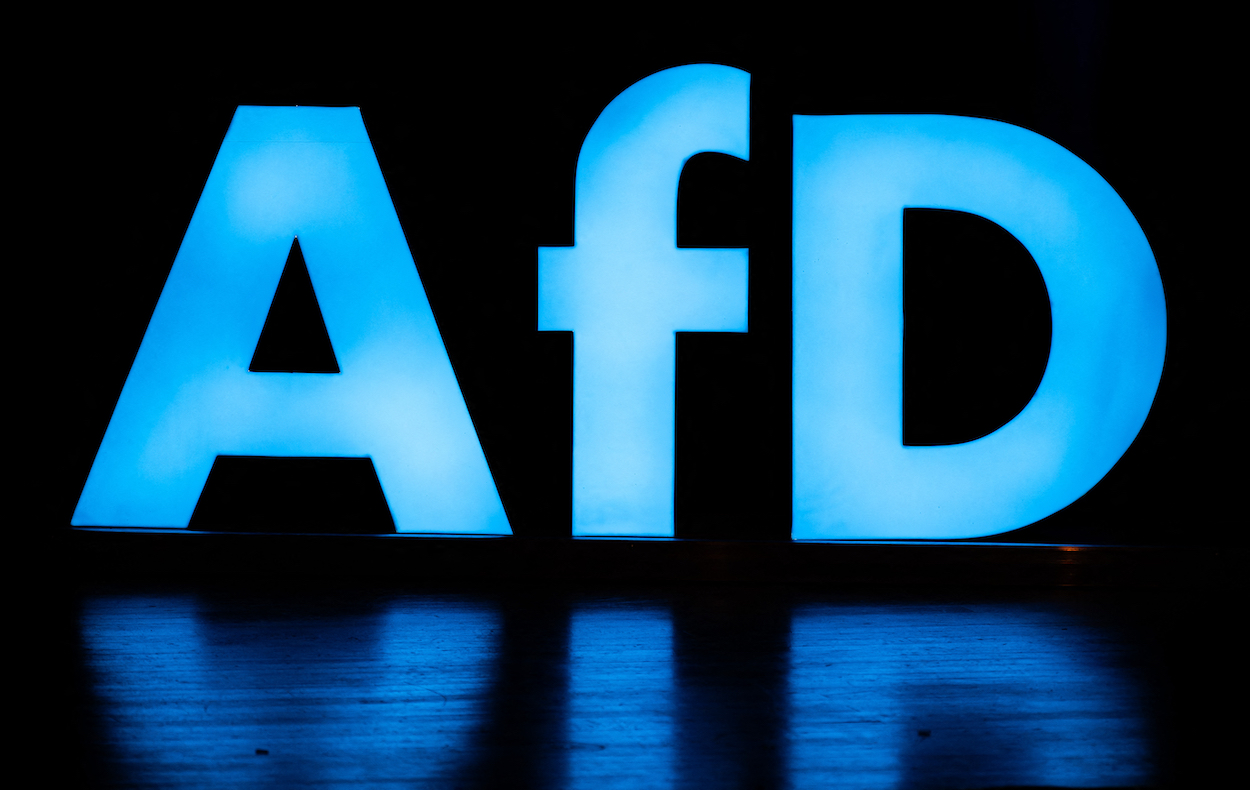
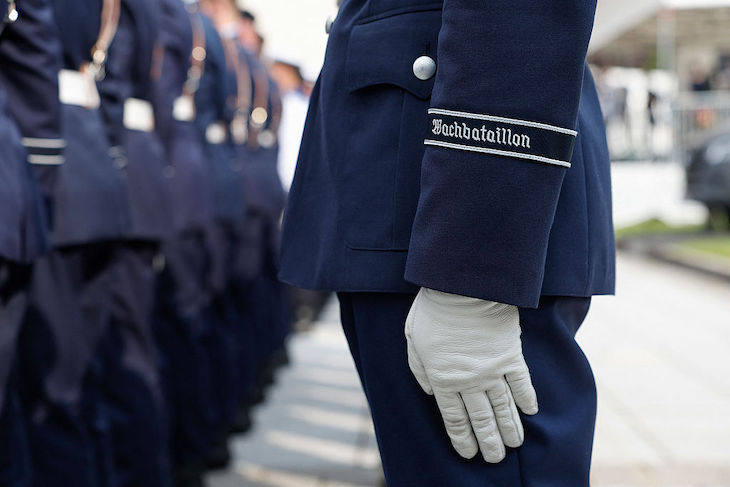
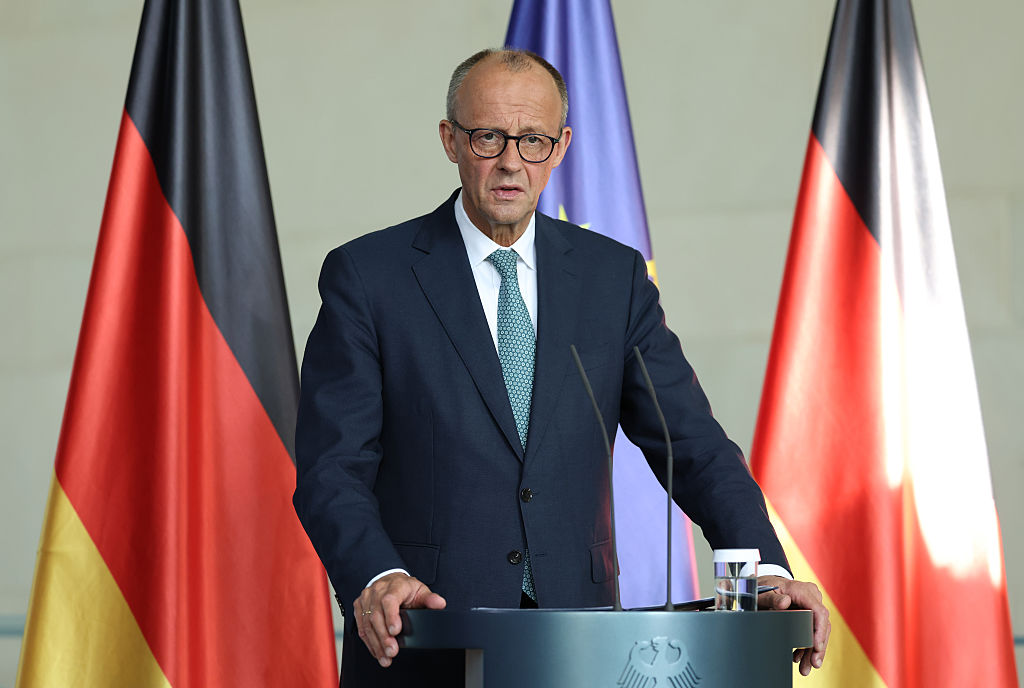
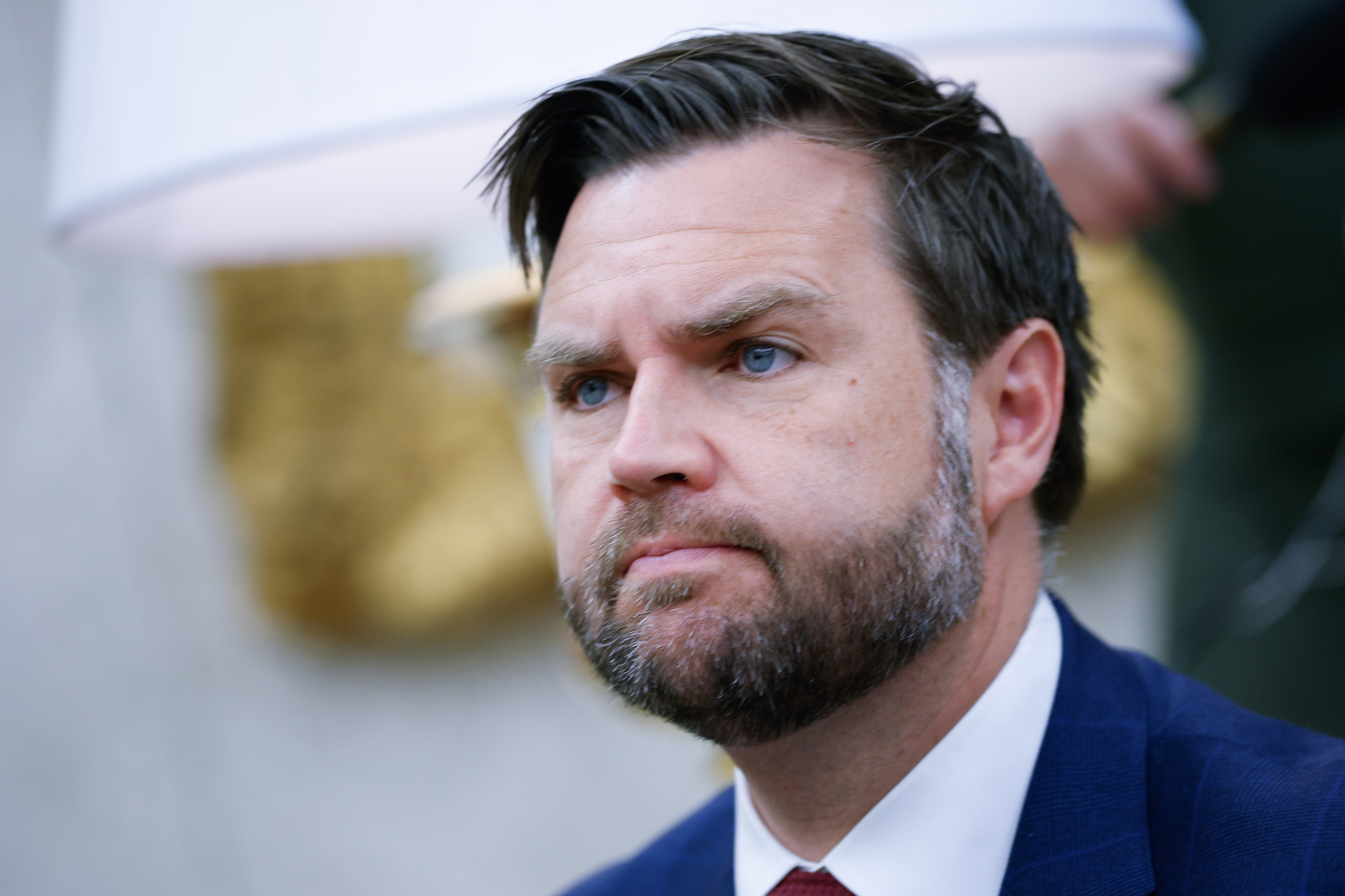

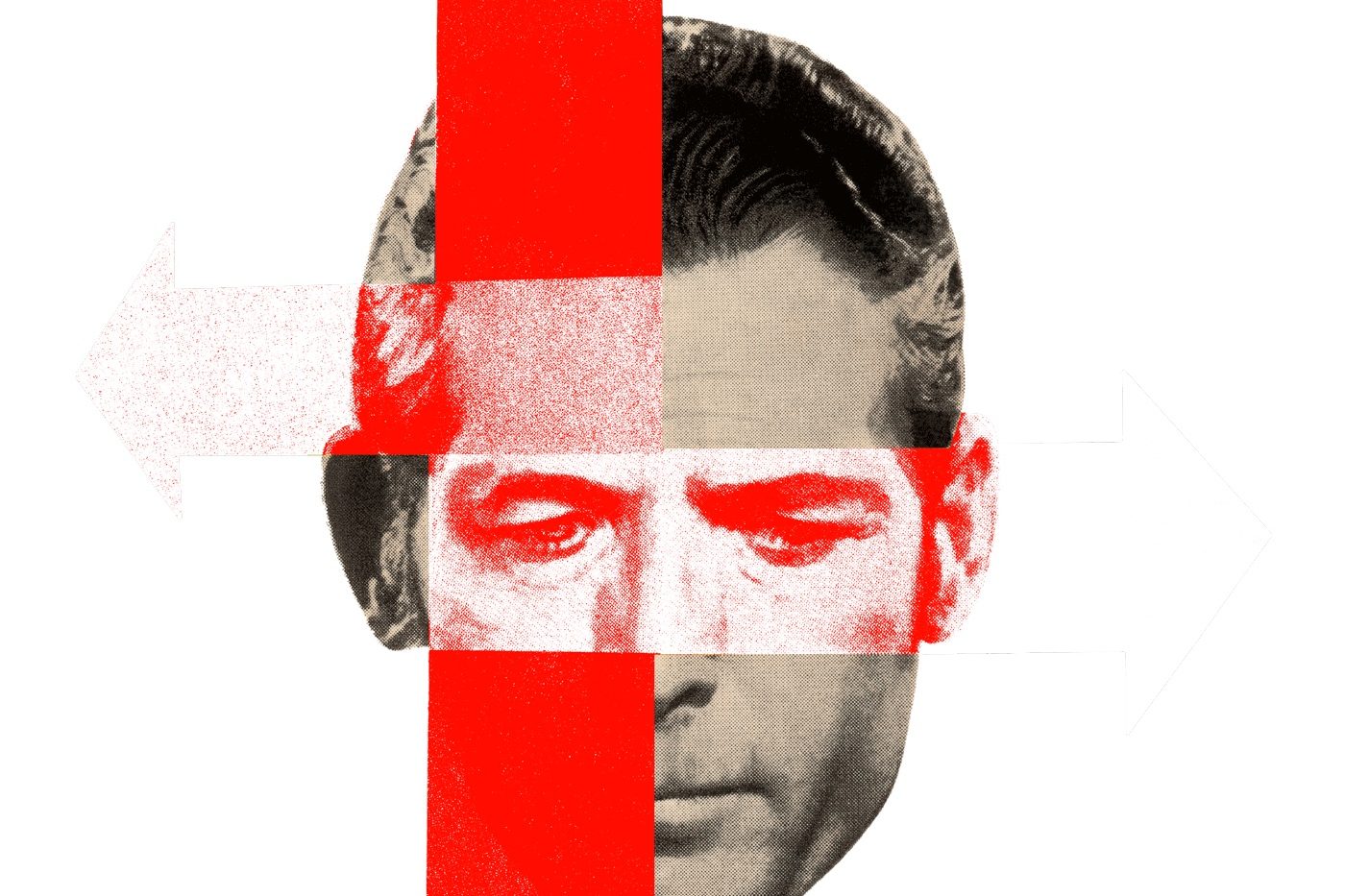







Leave a Reply